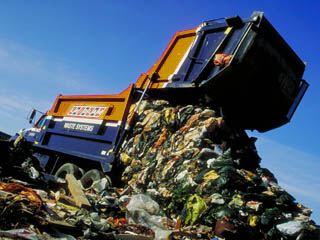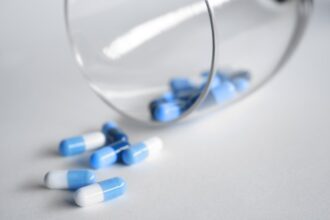I can already see the yawn forming: exercise again? we know it; it’s good for you, it makes you feel better because of endorphins, it makes your cardiovascular function better because it strengthens your cardiac muscle and improves your circulatory system, and it may even protect you from cancer. But have you thought about what could be the common denominator to the beneficial effects of exercise? If you did, and came up with a blank, I don’t blame you. Until recently we didn’t have a good answer, but now the outlines of an answer are forming. So here goes.
I can already see the yawn forming: exercise again? we know it; it’s good for you, it makes you feel better because of endorphins, it makes your cardiovascular function better because it strengthens your cardiac muscle and improves your circulatory system, and it may even protect you from cancer. But have you thought about what could be the common denominator to the beneficial effects of exercise? If you did, and came up with a blank, I don’t blame you. Until recently we didn’t have a good answer, but now the outlines of an answer are forming. So here goes.
Cellular proteins get literally bent out of shape, and there are garbage collectors , called ubiquitins, that prowl the cell, bind to the misshapen proteins, bundle them into a package called proteasome, and dispose them in organelles called lysosomes, where the garbage proteins get digested. The cell, being energy-frugal, recycles the amino acids for use in the synthesis of new proteins.
Proteins are not the only things that get digested. Science (January 20, 2012) highlighted the work of Beth Levine of the University of Texas Southern Medical Center in Dallas. Since 1998 she studied autophagy, which literally means “self-eating”, a process by which cells recycle used or flawed organelles, membranes and other structures. It encircles the old stuff in a double membrane, forming a sphere, and spills the contents into the same digestive vat-the lysosome. Again, the energy-conserving aspect of the process is evident. In animal experiments autophagy has also been shown to have benefits in protection from diabetes, cancer and neurodegenerative disease. Why would the cell bother with recycling? For the same reason we do: energy conservation. Amino acids uptake, protein synthesis and multimolecular cell-structure fromation are energy-guzzlers.
The exercise connection
If this self-digestion is geared to energy conservation, would it be too much of a stretch to see if it plays a role in exercise? After all, autophagy’s recycling helps cells meet energy demands. In a recent Nature paper, Levine her collaborators compared normal mice ( that’s the littlle guy, on the right) with mutant mice (on the left, by a process of elimination) that have typical background autophagy but don’t induce more when stressed or stimulated.
Skeletal muscle uses 85% of the glucose derived from food. Strenuous exercise normally lowers glucose and insulin in the bloodstream, but autophagy-impaired mice could barely do it. On the cellular level, following exercise, the autophagy-impaired mice didn’t relocate a glucose transporter to the cell membrane as do normal mice. Conclusion: autophagy is is necessary for the short-term metabolic benefits of exercise. But what about the all-important long-term effects?
Levine fattened normal mice and the autophagy-mutants, which both groups a form of diabetes, then put them through 2 months of daily treadmill workouts. Only the normal mice were able to reverse their diabetes and bring down their elevated cholesterol and triglyceride levels. The autophagy-mutants did not.
What happens on the cellular levels is just as interesting: in the skeletal muscle old mitochondria were digested by autophagy and were replaced by brand new energy-efficient ones.
The discovery of what goes on in the cells during exercise is amazing. Autophagy is critical for maintaining healthy cells. When cells contain organelles and molecules that cannot perform their respective functions the cells that contain them become sitting ducks for accumulating mutations. Before long the critical mutations for carcinogenic transformation will occur, and voilá -a cancer cell is born.
So here is one link of basic cell metabolism to cancer, and diabetes. and your general health and physical fitness.
Need more proof? Just do it!









